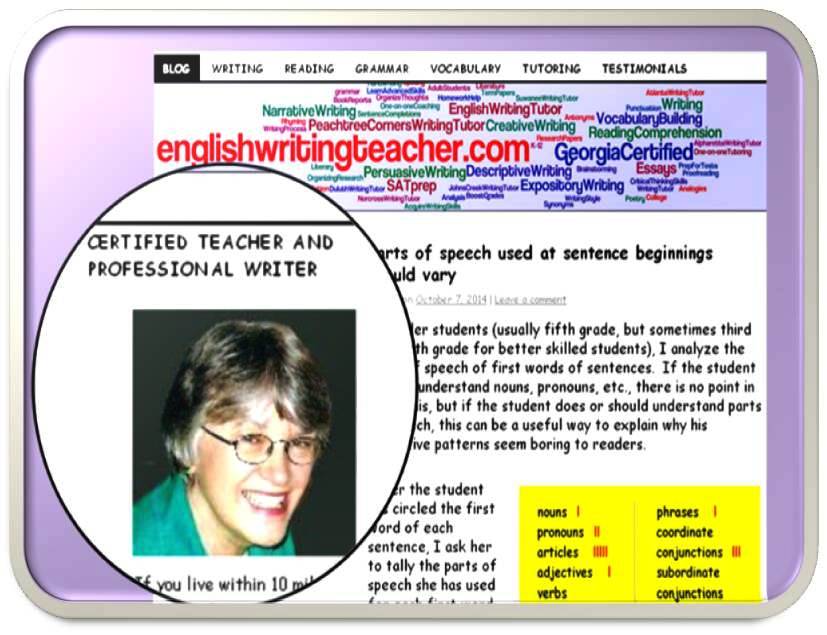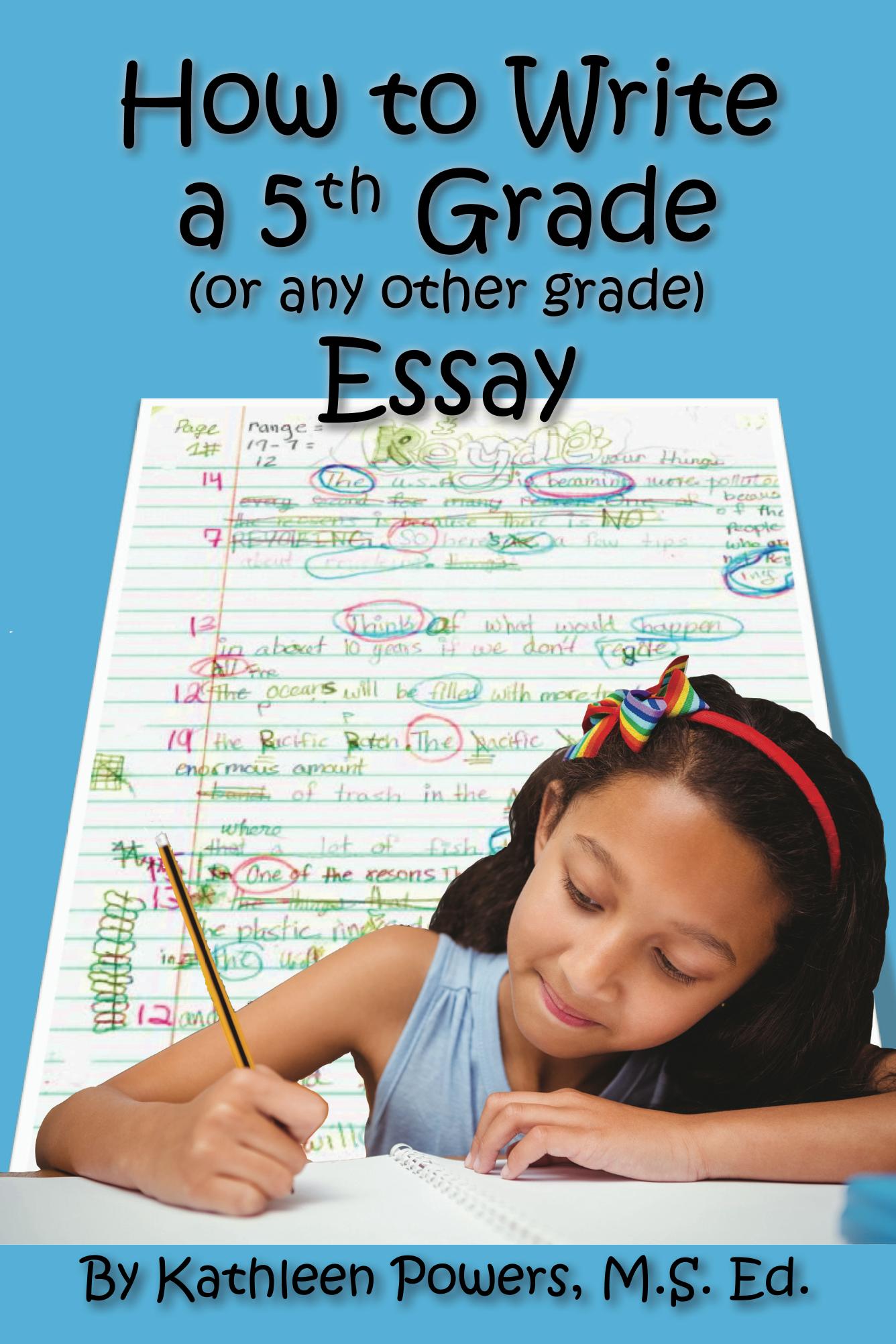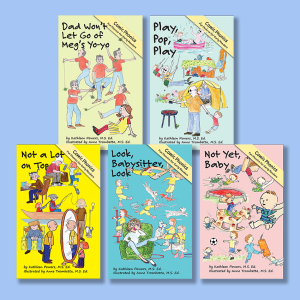A reader asks how to teach her first grader words which end in a K sound.
That’s a tough question to answer because even though there are basically three ways of ending English words with a K sound (“c,” “ck,” and “ke”), there are many variations of short-ish vowel sounds before the K sound (-ac, -alk, -awk, -ek, -ic, -ilk, -ok, -ook, and -uk.) There are even more variations of long vowel sounds before the “K” sound (-ache, -ake, -eak, -eek, -eke, -iek, -ike, -ique, -oak, -oke, -olk, and -uke).
But luckily, first graders don’t need to know all the variations. So, let’s offer them a few basic rules.
For words which rhyme with book and look, the spelling is –ook. Make sure the child can distinguish between the -ook sound and the –uk sound. Say both kinds of words aloud and ask the child to tell you if you are saying an -ook or a -uk word. Words which end in –ook include
| book | hook | shook |
| brook | look | took |
| cook | nook | |
| crook | rook |
Words which end in -uk include
| buck | muck | suck |
| chuck | pluck | truck |
| cluck | puck | yuck |
| duck | struck | |
| luck | stuck |
Most short-vowel, one-syllable words end in -ck. In addition to the -uck words above, other common -ck words include
| back | black | crack |
| flak | hack | jack |
| knack | lack | pack |
| quack | rack | sack |
| shack | slack | smack |
| snack | stack | tack |
| track | whack | check |
| deck | fleck | heck |
| neck | peck | speck |
| wreck | brick | chick |
| click | flick | kick |
| lick | nick | pick |
| prick | quick | sick |
| slick | stick | thick |
| tick | trick | block |
| clock | crock | dock |
| flock | frock | jock |
| knock | lock | mock |
| rock | shock | smock |
| sock | stock |
A small number of words end in -lk where the L is silent: chalk, talk, and walk. Some people pronounce these words as rhyming with -ok (walk, lock) while other people pronounce them as rhyming with the -aw sound (talk, hawk). I would teach these -lk words as a small word family and not confuse the child with other letter variations.
Most long-vowel, one-syllable words ending in a “K” sound end in -ke. They include
| bake | Blake | brake |
| cake | fake | flake |
| Jake | lake | make |
| quake | rake | sake |
| shake | snake | stake |
| take | wake | bike |
| hike | like | pike |
| spike | strike | broke |
| choke | Coke | joke |
| poke | smoke | spoke |
| stoke | stroke | woke |
| woke | fluke | Luke |
| nuke | puke |
Many long-vowel, one-syllable words ending in a “K” sound end in two vowels before the K, such as beak and soak. In order not to confuse the child, I would skip over teaching these kinds of words until the previous kinds of “K” words are learned. The exception I would make is teaching –eek words. I often teach -ee words before I teach silent E words, and when I come to silent E words, I tell students that almost all long-vowel, E words are spelled with –ee. Instead of the E coming at the end of the word, it comes after the first E, I say. This does not seem to confuse students.
The only words ending in just a C that a first grader might need to know are doc, picnic and music. And the only short-vowel, one-syllable word ending in just a K that I can think of is trek. Teach these as exceptions to rules.
I suspect what the child is confused by is not how to read all these words, but how to spell them. If so, I would teach them as word families, and review them often.





